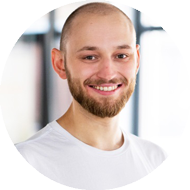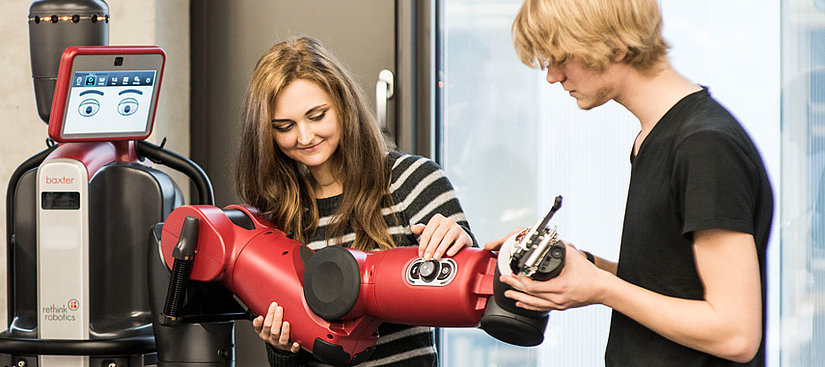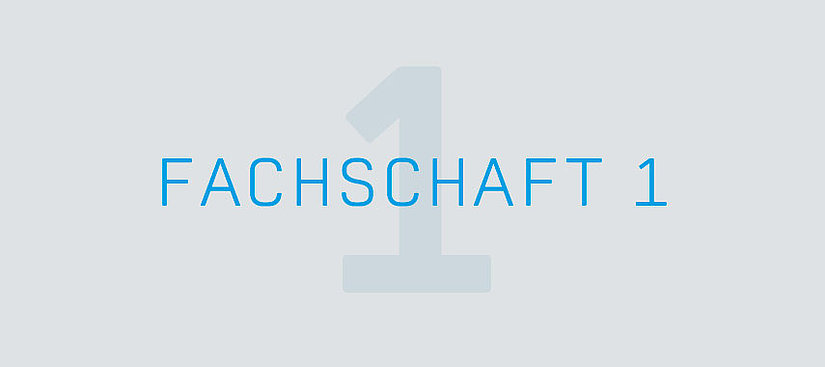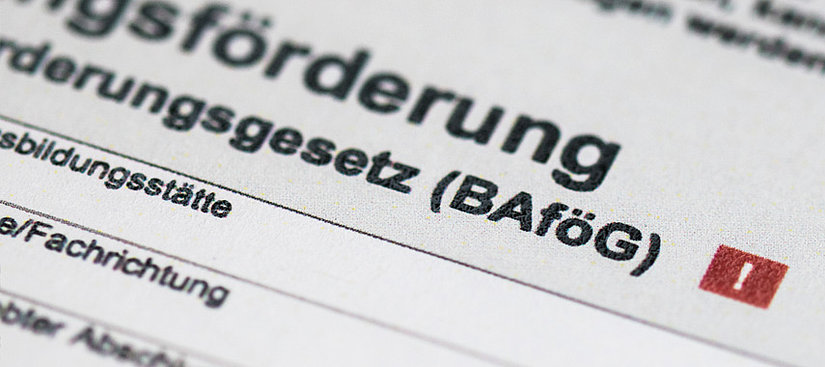Human-Machine Interaction

HOW DO I TELL MY COMPUTER?
New technology, new programs or apps - enthusiasm is pre-programmed, at least when simple operation is possible and the new technology is really useful for its task. During your studies, you will learn how to achieve these goals, whether with speech, gestures or buttons, whether on a PC, on a smartphone, in a vehicle or in virtual realities and much more. You can also study Human-Technology Interaction as a dual course.

What you can expect
The Human-Technology Interaction degree program deals with communication between humans and computers, particularly in the context of modern devices such as tablet PCs, smartphones and driver assistance systems. The interdisciplinary focus includes computer science, psychology, ergonomics, sociology and design. The focus is on the usability of software and hardware as well as user-friendliness. The course offers a unique insight into a growing industry and is available at the HRW.
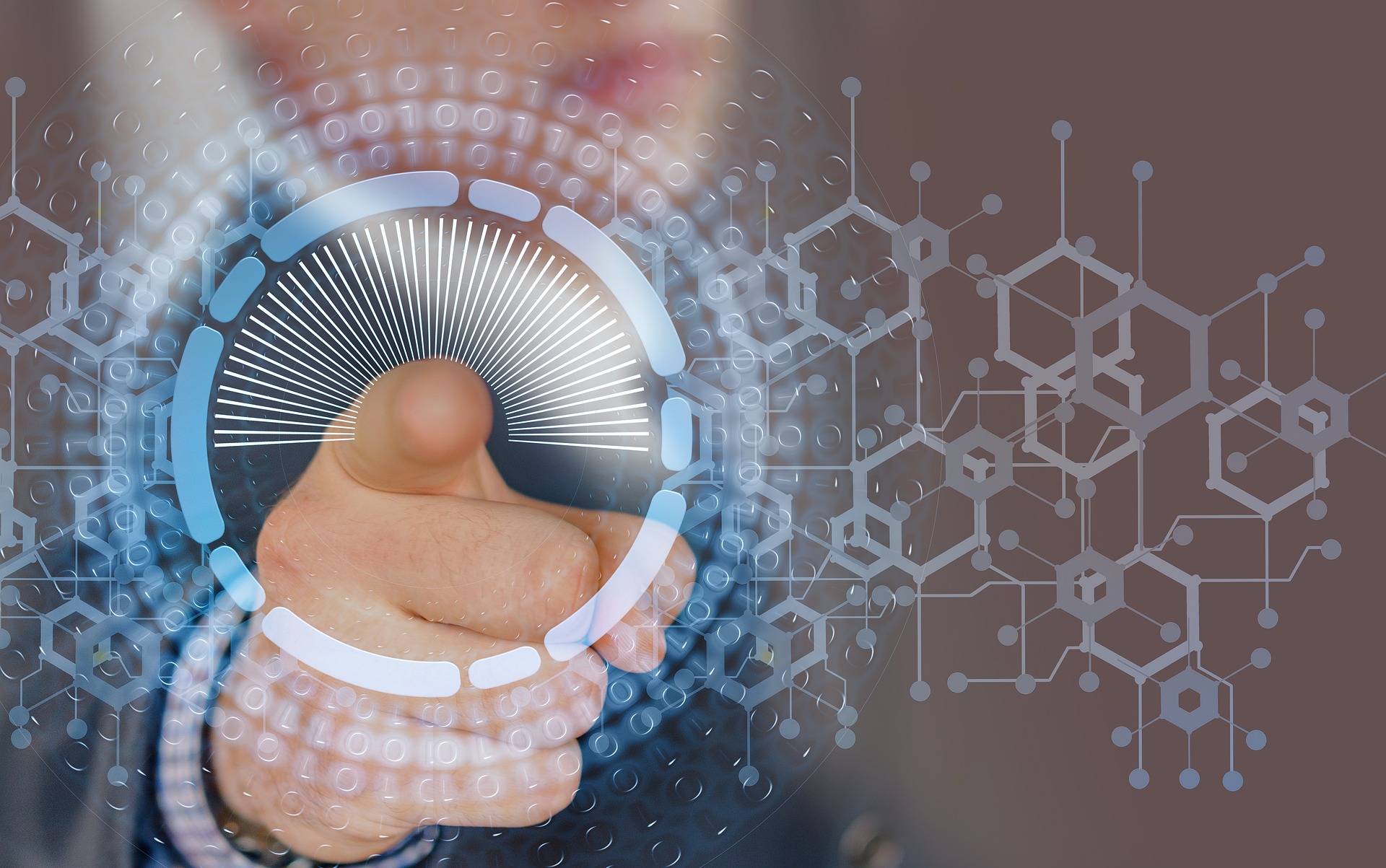
Your study content
The field of human-technology interaction is young and interdisciplinary: computer science, psychology and design come together here to design and develop good technical systems for users, but also to assess their impact on people and society.
What will you learn?
You will learn the fundamentals of computer science and programming as well as the most important aspects of cognitive and communication psychology. You will also learn about media design, user experience design, usability engineering, web technologies, computer graphics, positive psychology and positive computing. You will also gain insights into business administration, applied statistics and much more.
Your study program
Discrete mathematics
Competence development
Fundamentals of Computer Science and Programming Languages
Digital media design
Fundamentals of psychology and ergonomics
Fundamentals of engineering mathematics
Data banks
Programming 2
User Experience Design
Cognitive, communication and media psychology
IT Project Management
Software ergonomics and usability engineering
English
Applied statistics
Modelling and programming of interactive systems
MTI in science and professional practice
Optional module
Web Frontend Development and Visualization
Positive Computing and Diversity in Human Technology Interaction
Business and Law
Elective Module 3
Interdisciplinary project
Computer graphics
Elective Module 1
Elective Module 2
Interdisciplinary project
Practical semester and practical seminar (across semesters 26 + 2 credits)
Elective Module 5
Elective Module 4
Practical semester and practical seminar (across semesters 26 + 2 credits)
Bachelor thesis and colloquium (12 + 2 Credits)
What you need to bring along
- Language level C1 is required and the language of instruction is German.
- General or subject-specific higher education entrance qualification
- Alternatively: entrance qualification for universities of applied sciences or a qualification recognized as equivalent in the course of professional qualification
- Admission-free
Application process
The application phase for the approval-free Bachelor’s degree programmes for the coming winter semester begins on 01. May 2025 and ends on 15. September 2025. Applications can only be submitted online via our application portal.
If you have any questions, please contact the application support team.
What our students and alumni say
"I'm studying Human-Technology Interaction because I want to shape the digital world. The course is interdisciplinary and combines many exciting areas. I can specialize over the course of my studies and the doors to many different professions are open to me after graduation. During my studies, I can find out whether I want to develop software or focus on a creative field later on.
The study atmosphere at HRW is informal. The lecturers listen to the students, help with questions and support us. You are not a student number. I like the high proportion of practical work at the university. There are internships and seminars for every lecture where you can apply the theoretical knowledge you have learned. The HRW is still young and modern, so the labs are technically well equipped. This is very important, especially in the field of human-technology interaction."
Katharina van de Sand (October 2020)
Marius Hötten-Löns studied Human-Technology Interaction at Campus Bottrop from 2012 to 2016. He completed his studies in 2018 with a Master's degree in Computer Science. It soon became clear to him that he wanted to work as a developer later on. Since then, he has been an enthusiastic software engineer for iOS apps at NanoGiants in Düsseldorf, a company that develops customized and user-oriented software products.
Marius Hötten-Löns
